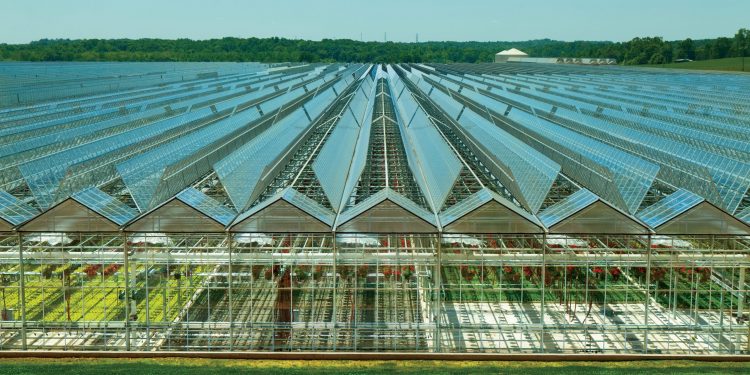In the realm of agricultural investment, where sustainability and profitability intersect, recent events underscore the unforeseen risks that investors and entrepreneurs must navigate. A recent incident in Kaliningrad serves as a stark reminder of the legal complexities that can arise, potentially impacting ventures in the agricultural sector.
On October 18th, an altercation between a local entrepreneur and a government official escalated to an unprecedented act of retaliation. Allegedly, the entrepreneur, embroiled in a dispute with a regional agency director, sought retribution by orchestrating the arson of the official’s Ford Mondeo. The assailant, reportedly hired by the entrepreneur, carried out the attack with the assistance of an accomplice, resulting in significant damage to the vehicle.
The aftermath of this incident has not only led to criminal charges but has also highlighted the legal vulnerabilities that can arise in agricultural enterprises. The accused individuals, including the entrepreneur and the hired perpetrator, face serious legal consequences under Russian law, specifically under Article 167 of the Criminal Code, which pertains to deliberate property destruction by arson. The implications extend beyond mere criminal charges, potentially affecting the reputation and operational continuity of the entrepreneur’s agricultural endeavors.
For investors considering agricultural ventures, particularly those focused on sustainable practices, this incident underscores the importance of robust legal due diligence and risk management strategies. Ensuring compliance with local regulations and fostering positive relationships with governmental bodies are essential steps in mitigating legal risks. Furthermore, maintaining transparency and ethical standards within business operations can safeguard against unforeseen legal entanglements that may jeopardize investment viability.
As the agricultural sector continues to evolve towards more sustainable practices, incorporating legal resilience into business strategies becomes paramount. By staying informed, proactive, and compliant, investors can navigate the complexities of agricultural investments effectively, safeguarding both financial returns and environmental stewardship.










